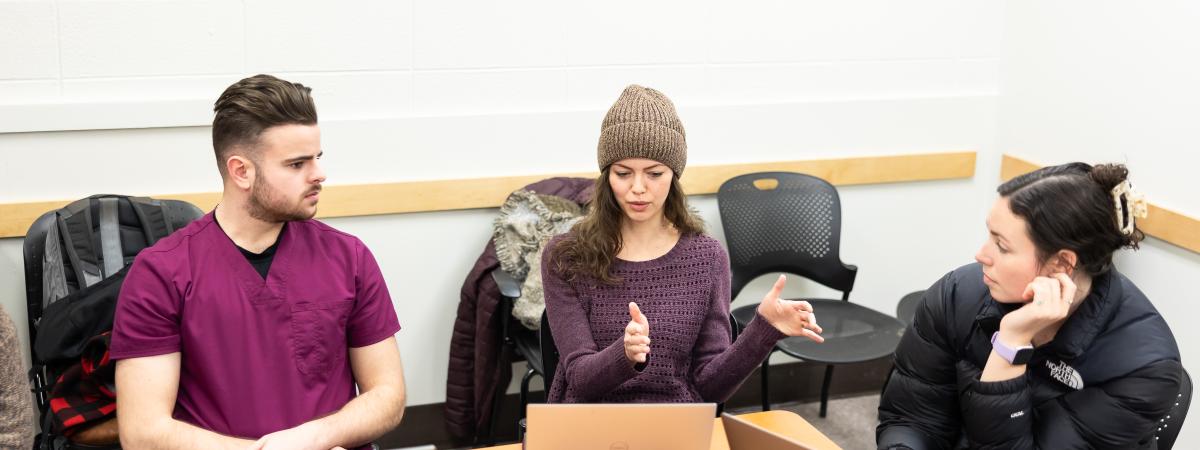As part of our Traditional Program Requirements, Clinical Ethics Rotations are a feature of our program that sets us apart from other Bioethics and Medical Humanities masters programs. These rotations allow you to be emersed in major teaching hospitals in Cleveland, Ohio alongside health care professionals and to see the bedside application of the ethics you are learning in the classroom. By the end of the program, students have experienced 160 hours in the hospital seeing the conflict of values that exist in the healthcare setting on a regular basis and how health care professionals work to resolve such conflicts.
Our rotations can be broken down into three different learning experiences that all students participate in during their time in the hospitals:
Rounds
Rounds, or rotations on: general floors, ICUs (medical, pediatrics, neonatal, burn, trauma, cardiac, and surgical, etc.), step down units, and interdisciplinary. These are completed with attending physicians, residents, PA's, NP's, nurses, medical students, alongside other bioethics students.
Committees
Committees focused on ethics, transplants, human or animal research, and more. These meet monthly or biweekly to address cases, policies, patient decisions and research protocols.
Discussions
1:1 conversations with healthcare professionals, such as physicians, NP's, PA's, living donor advocates, chaplains, genetic counselors and social workers.
Every week, you will meet with your site preceptor and fellow students to unpack clinical cases as they arise, including: do-not-resuscitate (DNR) orders, advanced directives, decision making, withdrawal of artificial feeding, organ procurement and transplantation, non-beneficial treatment, and so much more.


